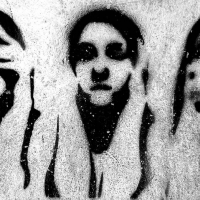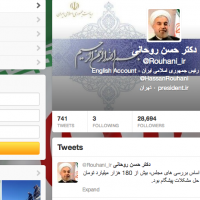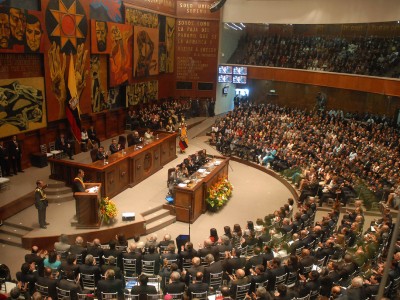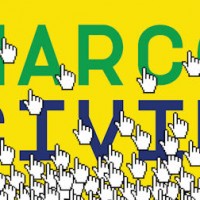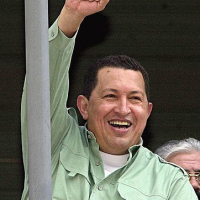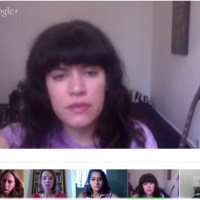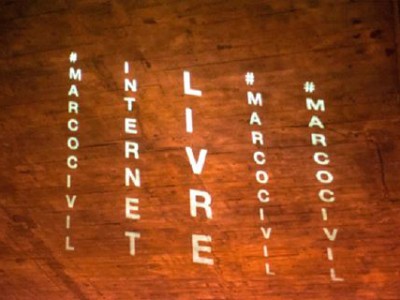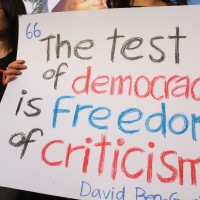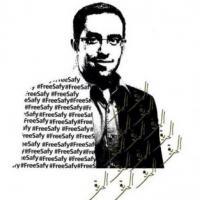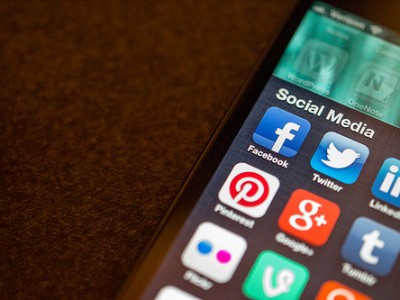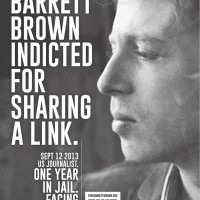Stories about Free Expression from October, 2013
Why Didn’t Arab ‘Civil Society’ Discuss Human Rights at IGF?
At IGF 2013, only one session was devoted to Internet policy issues in the Arab World. How is it that panelists at this session barely breathed a word about human rights violations in the region?
Rouhani’s Tweets Leave Users Wondering: Does Real Change Lie Ahead?
Iran's new president has become a regular Twitter user, despite the fact that the site, along with Facebook and countless other sites, remain blocked inside the country. Could this be a sign of bigger changes for Iran's Internet?
Ecuador's New Penal Code Would Violate Internet Privacy
Civil society organizations explain that the way Ecuador's new penal law is proposed, all telecommucations services will have to store the data and connection traffic of their users, despite the risks that this entails.
Ethiopian Journalists Challenge Anti-Terrorism Law
Two independent online journalists have filed a complaint against Ethiopia at the African Commission on Human and Peoples’ Rights. They are challenging the country’s abuse of its anti-terrorism law to suppress free speech.
Internet and Statecraft: Brazil and the Future of Internet Governance
Brazilian President Dilma Rousseff has pledged to make Brazil an international pioneer for human rights online. Policy expert Carolina Rossini weighs in on what this could mean for the future of the global Internet.
Venezuela: Chavez Recording Hits the Web, Top-Level Domain is Blocked
On September 28 and 29, Venezuelan Twitter users reported that all .co domains and shortened urls were blocked on government-owned ISP, Cantv.
GV Face: Fighting for an Open Internet in Brazil
This week on GV Face, Global Voices' weekly video hangout series, we talk with Brazil author Raphael Tsavkko, Internet policy expert Carolina Rossini and Joana Varon, an author of Brazil's Marco Civil da Internet bill.
From Brazil to the World: the Marco Civil and Internet Governance
Brazilian President Dilma Rousseff delivered a searing critique of US government surveillance programs at the UN this fall and presented Brazil as a leader in upholding human rights online. Will she follow through on her promise?
“Lesbianism” and “War Games”: Russian Internet Censorship Continues
Russian website Looo.ch was presumably blocked for hosting an art project: two multimedia "textbooks" titled "Homosexuality for Children" and "Lesbianism for Children," which are meant to be a "satire of Russian homophobia."
Southeast Asia: Dictatorships Are Gone, But Censorship Hangs On
Both off and online, censorship is still enforced in several Southeast Asian countries through the use of draconian laws and strict media regulation.
Will China's “Free Trade Zones” Include a Free Internet?
Government officials are scrambling to dispel rumors that free trade zones in Shanghai and Shenzhen will include access to an open Internet.
My Friend is Getting Tortured for Blogging
Safy is a regular guy who has worked as an IT officer until he saw his friend get shot by riot police during the first weeks of the revolution. He could not be the ‘regular guy’ after this.
Will Ecuador Criminalize Slander on Social Networks?
New proposed measures against slander and libel on social networks, including mandatory installation of surveillance cameras at Internet cafes, could have a big impact on free expression and privacy.
Locked Up for Linking? US Journalist Faces Prosecution
Transparency activist and journalist Barrett Brown has been indicted for doing something many of us do every day: posting a link on the Internet.

